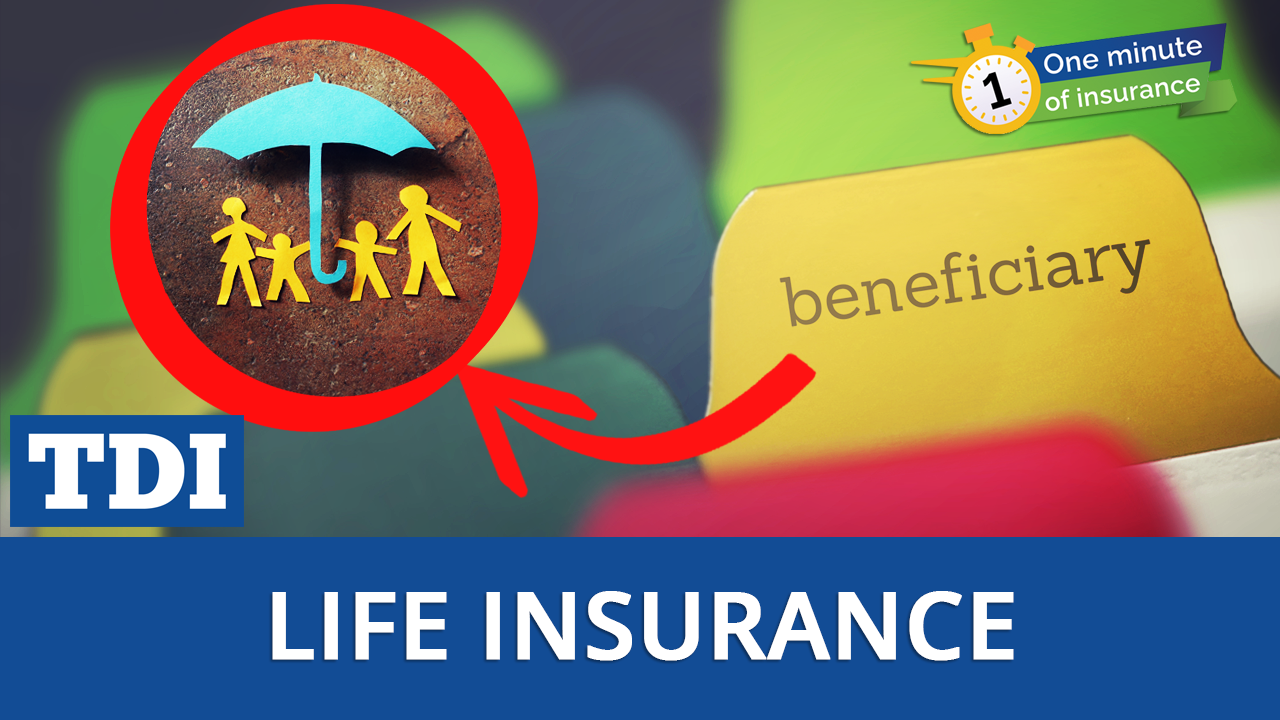Rise by Six: Your Daily Dose of Inspiration
Explore insights and stories that elevate your day.
Life Insurance: Your Safety Net or a Heavy Weight?
Is life insurance your ultimate safety net or a financial burden? Discover the hidden truths and make an informed choice today!
Understanding the Basics: How Life Insurance Protects Your Family
Life insurance is a crucial financial tool that provides peace of mind to individuals and families alike. It serves as a safety net, ensuring that your loved ones are financially protected in the event of your unexpected death. By paying a regular premium, policyholders secure a specified death benefit that can help cover living expenses, debts, and even future goals such as education for children. Understanding the basics of life insurance can empower you to make informed decisions, tailoring your policy to fit your family's unique needs.
There are various types of life insurance policies available, including term life and whole life insurance. Term life insurance provides coverage for a specific period, offering a straightforward option for those looking to provide temporary financial support. On the other hand, whole life insurance lasts for a lifetime, accumulating cash value over time. By educating yourself on these different options, you can choose a policy that serves as a long-term financial solution, ensuring your family's security and well-being.

Is Life Insurance a Necessity or an Extra Expense?
When considering whether life insurance is a necessity or merely an extra expense, it's essential to evaluate your personal circumstances. For many individuals, life insurance serves as a financial safety net that can protect loved ones from the burden of unexpected costs after one's passing. This protection becomes increasingly crucial for those with dependents, such as children or aging parents, who rely on them for financial support. If the primary earner in a family passes away, life insurance can cover living expenses, debts, and even future education costs, ensuring that loved ones are not left struggling financially.
On the other hand, some argue that life insurance can be seen as an unnecessary expenditure, particularly for individuals without dependents or significant debts. In these cases, the funds used for insurance premiums could instead be allocated towards savings or investments, potentially yielding better financial returns. However, it’s important to consider that even those without dependents may benefit from having life insurance in place, as it can cover funeral expenses and other final costs. Ultimately, the decision hinges on personal financial goals, risk tolerance, and family dynamics, making life insurance a deeply individualized choice that deserves careful consideration.
The Benefits and Burdens of Life Insurance: What You Need to Know
Life insurance is a vital financial tool that provides peace of mind and financial security for loved ones. One of the primary benefits is the death benefit, which ensures that beneficiaries are financially supported in the event of the policyholder's passing. This can cover funeral expenses, debts, and ongoing living costs, preventing financial strain during an already difficult time. Moreover, certain policies can accumulate cash value over time, which can be borrowed against if needed, offering an additional layer of financial flexibility.
However, it's essential to consider the burdens associated with life insurance as well. The cost of premiums can be a significant financial commitment, particularly for those with limited budgets. Additionally, there can be complex terms and conditions that may make it challenging to navigate the policy options available. It's crucial to conduct thorough research and consult with financial advisors to ensure that the chosen policy aligns with individual needs and goals. Balancing the benefits and burdens of life insurance can ultimately lead to informed decisions that secure financial futures.